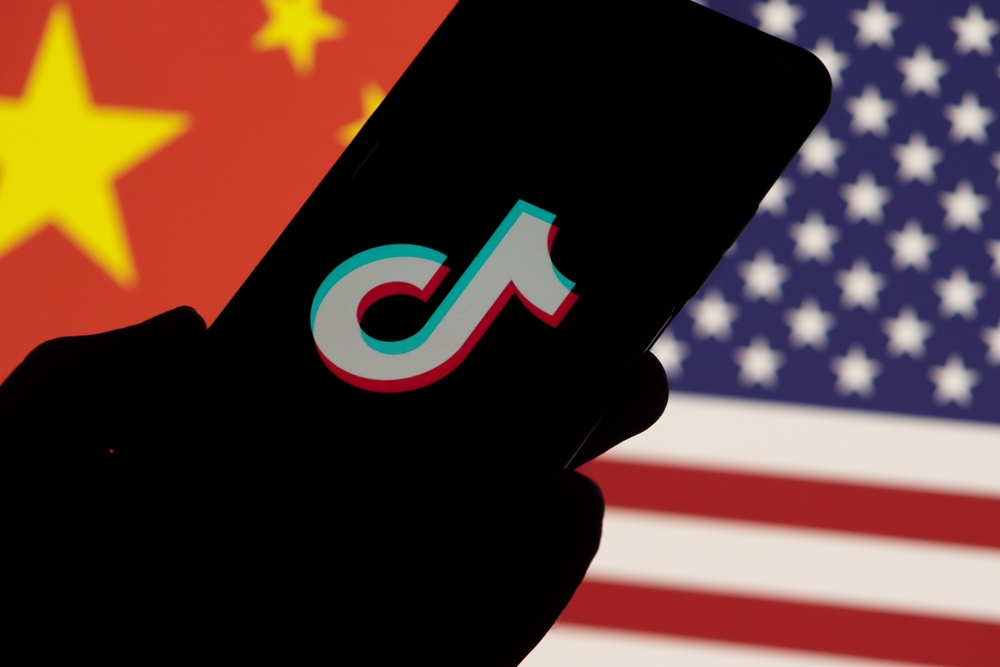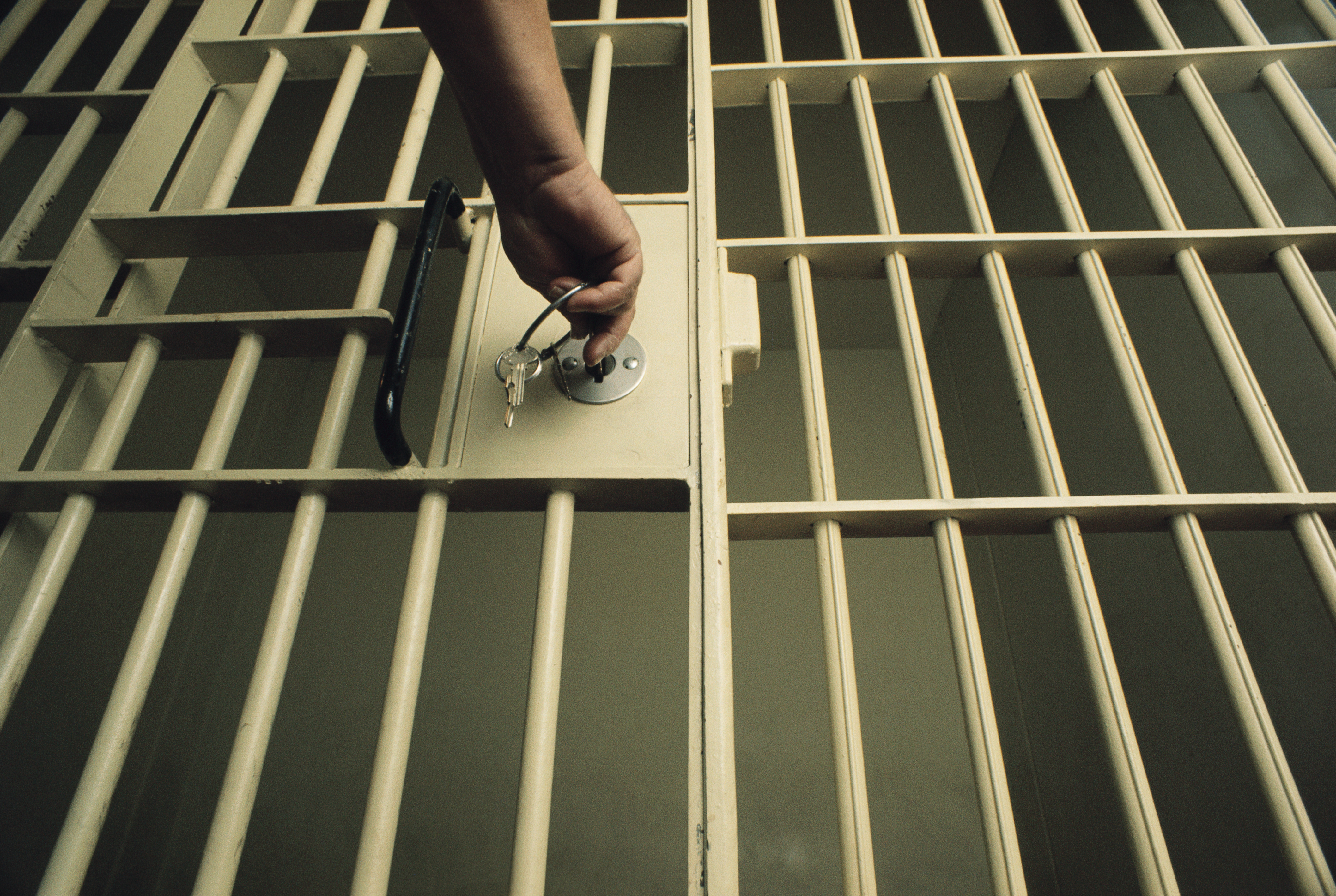Books, museums and movies examining Abraham Lincoln's legacy have long focused on his role in emancipating American slaves in 1863.
But now, one new exhibit is highlighting the 16th president's commitment to fostering equality and acceptance for the nation's Jewish community.
“Lincoln and the Jews," staged by The New York Historical Society to mark the 150th anniversary of the end of the Civil War and Lincoln’s assassination, documents Lincoln’s relationship with Jews and details the expansion of the Jewish population in America, which coincided with the famed leader's emergence onto the national political stage.
The number of Jews living in the U.S. grew from just 3,000 when Lincoln was born in 1809 to more than 150,000 at the time of his assassination in 1965, according to "Lincoln and the Jews: A History," the 2015 book that inspired the exhibit. While many in America treated the Jewish community as "second-class citizens and religious outsiders" in the face of the demographic shift, the book argues, Lincoln "exhibited precisely the opposite tendency."
“When we think of Lincoln's embrace of humanity writ large we tend to think of his advocacy of freedom for African Americans, and his friendship with Frederick Douglass,” Dr. Louise Mirrer, president and CEO of the New-York Historical Society, said. “But this exhibition shows that Lincoln's embrace included American Jews in the face of extreme anti-Semitism."
The exhibit, a collaboration with The Shapell Manuscript Foundation, opens with a wall quote by Lincoln, who in a public letter dated May 17, 1855 protests restrictions on immigration.
“I have some little notoriety for commiserating with the oppressed condition of the negro; and I should be strangely inconsistent if I could favor curtailing the existing rights of white men, even though born in different lands, and speaking different languages from myself," he wrote.
U.S. & World
The day's top national and international news.
Personal and signed letters, portraits, paintings and artifacts bring to life Lincoln's stories.
One such personal letter is from Lincoln to Secretary of War Edwin M. Stanton, dated Nov. 4, 1862.
In the letter, Lincoln notes to Stanton, “I believe we have not yet appointed a Hebrew" and informs him that he is appointing C.M. Levy – the son-in-law of Rabbi Morris Raphall of Congregation B’nai Jeshurun, a well-known Orthodox Jew in New York – “Assistant Quarter Master, with the rank of Captain." Lincoln describes the candidate as “a capable and faithful man.”
Lincoln’s Jewish friends, including Julius Hammerslough, Henry Greenbaum and Abraham Jonas, are also profiled as patrons throughout the exhibit. In one letter, the president calls Jonas, a Jewish lawyer whom Lincoln met in 1843, "one of my most valued friends.”
Grace Oh, a junior at Roslyn High School who was exploring the exhibit as an extra credit assignment," said she found the relationships highlighted in the exhibit enlightening.
“It’s not talked about as much,” she said. "I never knew that Lincoln was [as] supportive of Jews."
While Civil-War savvy visitors may be familiar with Lincoln’s Jewish friendships, Mirrer said, she’s not surprised to hear those reactions. In fact, that's part of the exhibit's goal.
“I would also hope that by recalling, as this exhibition does, Lincoln—whose assassination shattered the nation's spirit at the very moment it began to taste victory and the return of peace—visitors will be reminded of the causes for which Lincoln lived and died, and by which his countrymen should live henceforth,” she said.
The exhibit runs in New York through June 7 before traveling to the Abraham Lincoln Presidential Museum in Springfield, Illinois.



